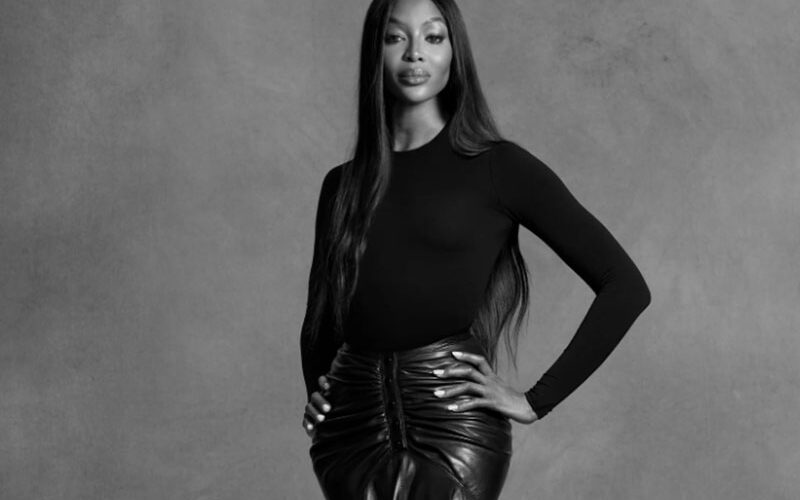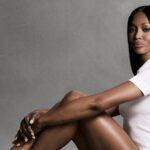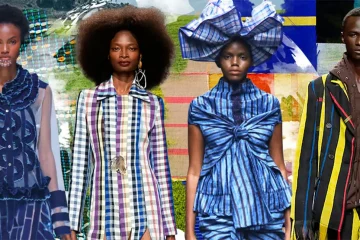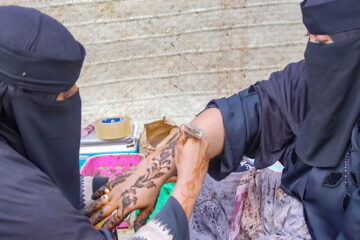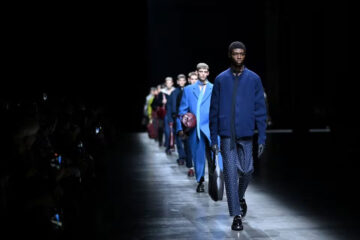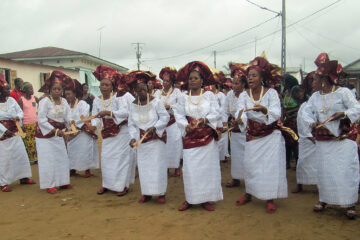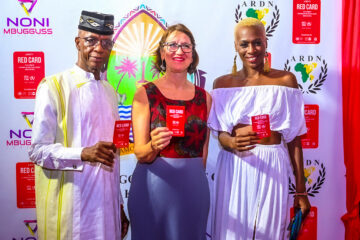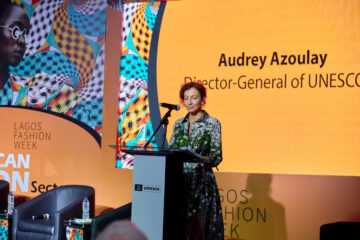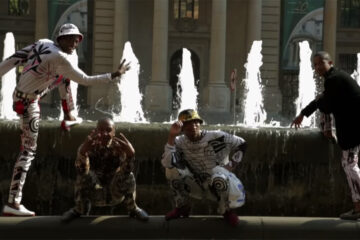MPHO RANTAO
ONE of the world’s biggest supermodels returns to grace the cover of American Vogue after an absence of two decades, speaking on her strong background, her outspoken nature being seen as angry, and her efforts in increasing the visibility in fashion for black people.
Naomi Campbell makes an appearance as the cover star of the November issue in a white Dior Haute Couture Dress, making it her first with the American version of the magazine after her last cover shoot in 1993.
Described on the cover as a model, mentor and provocateur, Campbell speaks to Vogue on being surrounded by a community of black women who helped shaped her and her identity.
She also speaks about how that community influenced her career as a model, as well as a surrogate mother to other up and coming black models – especially for black women models.
Some of Campbell’s mentees include Ugbad Abdi, Alton Mason, (daughter of fellow supermodel Cindy Crawford) Kaia Gerber, Anok Yai and model Adut Akech, who affectionately calls Campbell ‘mama’.
“She is my idol to this day”, Akech told Vogue. Akech added that some of the biggest lessons that Campbell taught her as a freshman model was to “Stand your ground and always stay true to yourself”.
While continuing to be a pioneer in modelling, Campbell has brought forth her desire for the end of the sexist and racist ‘angry black woman’ stereotype, a trope which was widely used to describe Campbell’s outspoken actions and opinions in the media.
“I am quite over it,” she told the American magazine. “Is it now that we have permission to speak? Well, I have always spoken.”
The interview specifically referenced Campbell’s few controversies between 2004 and 2008, as well as her 2013 interview with UK Channel 4 News’ Jonathan Rugman.
Rugman tried to paint Campbell as a black woman who had “anger on a different level”, due to her previous calls for change in the fashion industry that was hardly occurring during Campbell’s dominant era in the industry.
“I remember that very well,” the South London-raised model told Vogue. “I understood exactly what angle [he] was going to come at, and that it would be combative. And I see the things newspapers go for.
“I see they’d rather write some trash thing that you’ve done, rather than the good that you’ve done. When I was younger it used to upset me, but it doesn’t now — I’m not looking for those validations anymore. But I am still a little skeptical about doing interviews in England.”
“There were a few things that I would do when I was younger that I was told were bad for my race,” she added. “Now the things I do are not just for me anymore. I think more of my culture and my race, as opposed to thinking about just me.”
Campbell’s efforts for more visible black representation for models and designers within fashion have been fruitful, albeit slow since her arrival in the industry during the 1990s.
“I never used to say the word racism; I just used to say, it’s territorialism,” Campbell said regarding her decades of advocating for Black models.
She adds, “I never wanted people to say that I used that as an excuse, that I was throwing that word out. Now I’m happy that everyone’s all on the same page, that everyone feels comfortable to come out about their experiences without feeling some stigma. But for me, nothing’s changed. I’m going to speak the same way.
“Nothing has changed. Only that I know that I will have the support of my culture now when I speak.”
Her continuous efforts for a shift in Black representation in fashion has helped boost the many names of black models that the world is familiar with today, but has also boosted the names of once up and coming designers.
Her most known support for African designers included the co-signing of the likes of South Africa’s Thebe Magugu, Nigeria’s Tiffany Amber and Kenneth Ize, and backing events on the continent from Lagos to Cape Town.

